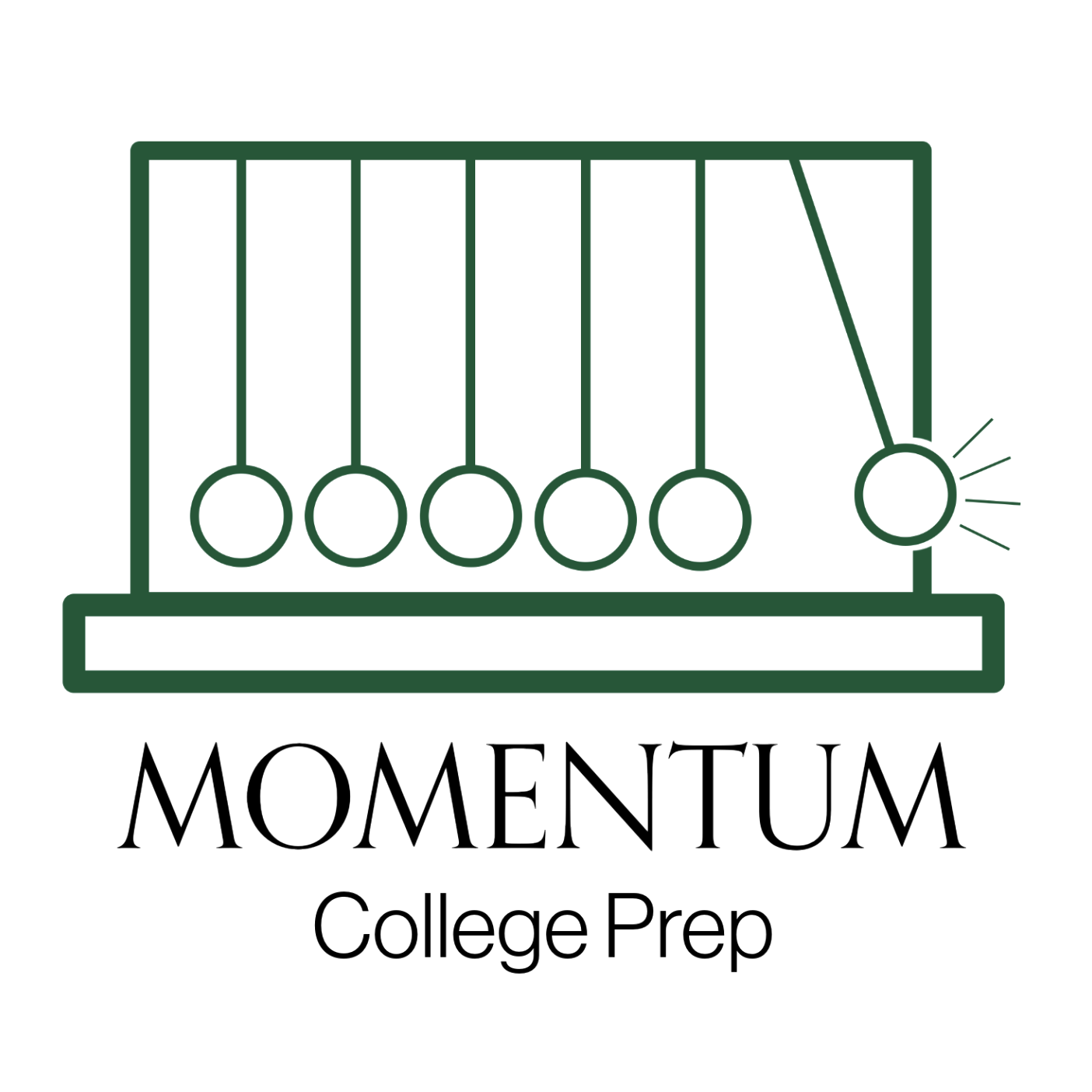Do Colleges Actually Read Your Essay? Here’s What Yale Says
You’ve spent hours writing, editing, and questioning every word of your personal statement. Once you finally hit submit, one question lingers:
Is anyone actually going to read this?
At highly selective colleges like Yale, the answer is an emphatic yes — and not only is it read, it’s discussed, annotated, and revisited throughout a thoughtful, human-centered admissions process. According to Yale’s own admissions officers, your essay isn’t just skimmed. It matters.
Essays Are Read, Cover to Cover — Every Time
In Yale’s Inside the Yale Admissions Office podcast, admissions officers Hannah and Mark repeatedly emphasize a core message: every application is read in full.
“We read every single application that we get, cover to cover,” Hannah explains. “It’s not the case that, if there’s something we see in an application, we stop reading it.”
Each application is initially read by a regional officer who brings contextual understanding of your school and community. Then, many applications go through a second or even third reading by other officers with different perspectives.
Julian, another admissions officer, explains the approach:
“It’s my job to present somewhat of a roadmap of the application… not only am I documenting the objective information, I’m also trying to provide a sense of the student’s voice — how these pieces are coming together.”
The Essay’s Role: Introducing the Human Behind the Application
So why does the essay matter? It’s not just a writing sample — it’s your most direct, unfiltered moment in the application.
“The essay is the first place I’m going to get a sense of the applicant’s voice,” says Mark. “And that voice matters.”
Yale admissions isn’t looking for the next great novelist. They’re looking for clarity, reflection, and authenticity.
“You don’t need to sound like a novelist,” Hannah reminds students. “You need to sound like yourself — a thoughtful 17-year-old reflecting on something meaningful.”
In other words, the most compelling essays don’t need elaborate metaphors, epic personal tragedies, or vocabulary from a thesaurus. They need to sound like you — in a moment of honest self-reflection.
What Makes an Essay Work?
The best essays give insight into your values, thought process, and growth. Keith, a veteran Yale officer, shares this:
“If ultimately, in your essays, you are conveying who you are, then it’s likely to fit with the rest of your application anyway… even an ordinary topic can shine if we feel we’re meeting a real person.”
Mark adds that great essays often function as a kind of glue:
“They tie the pieces of an application together. When done well, the essay helps us feel like we’re meeting the same person in the letters of recommendation, in the activity list, and in the interview.”
That consistency — your voice carried across multiple elements — is powerful.
And Yes, Essays Are Discussed in Committee
Once read, your application moves forward — sometimes through several layers of review — and the essay continues to matter.
John, another admissions officer, explains:
“Files are read and then considered… They’re brought into committee where the full picture is discussed — often with input from multiple readers.”
In these rooms, admissions officers debate, advocate, and collaborate. Essays are not assigned scores or run through algorithms. There’s no formula, no ranking, no “perfect 10.” Instead:
“It’s our job to make sure we’re doing right by each applicant by really taking the time to examine every single piece that’s sent our way,” says Julian.
What Doesn’t Work?
In a follow-up episode, the team shares common pitfalls. The essay that overuses big words, the one that tells a grandparent’s life story without reflecting on its personal impact, or one written in a voice that clearly isn’t the applicant’s — these are missed opportunities.
“We’re not looking for perfection,” Mark says. “We’re looking to get to know someone.”
Essays that don’t reflect who you are — or that lean too hard into drama, gimmicks, or excessive editing — tend to fall flat.
Final Takeaway: Your Voice Matters
If you’ve wondered whether the time you’re putting into your essay is worth it, Yale’s admissions team offers a resounding answer: yes. Not only is your essay read, it can shape the tone of your entire application — and sometimes even the committee conversation that follows.
You don’t need to write a masterpiece. But you do need to write yourself — clearly, thoughtfully, and honestly.
“We wish we could meet every one of our applicants,” says Mark. “We can’t. So the essay is our way to do that.”
Need support crafting an essay that sounds like you — and still stands out?
Momentum College Prep offers 1:1 coaching to help you write with clarity, confidence, and purpose.
📅 Schedule a consultation today

